Colonization has been a defining aspect of human history, shaping cultures, economies, and societies across the globe. From the early conquests of empires to the modern-day implications of colonial legacies, understanding the history of The Colonial Era is crucial. In this article, we will explore how colonization began, its various phases, and how it ultimately came to an end. We’ll delve into key events, figures, and themes that have marked this significant historical phenomenon.
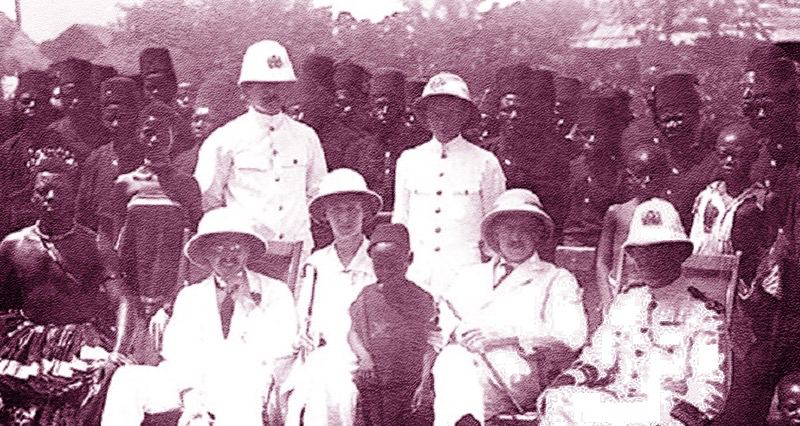
What is Colonization?
Before we dive into the history, let’s clarify what colonization actually means. At its core, colonization involves the establishment of control over a foreign territory and its people by a more powerful nation. This control can manifest through military conquest, settlement, or economic domination. The motivations behind colonization often include the pursuit of resources, land, and power.
White Nationalism and Online Radicalization: Unmasking the Alt-Right
The Seeds of Empire
The concept of colonization, the establishment of a colony in one territory by a political power from another, has its roots in ancient civilizations. However, the modern era of European colonialism, which significantly reshaped the global landscape, began in the 15th century.
Key Motivations for Colonization:
- Economic Gain: The pursuit of wealth, resources, and trade routes was a primary driver.
- Religious Zeal: The desire to spread Christianity and convert indigenous populations.
- National Glory: The quest for prestige, power, and territorial expansion.
Early Colonial Powers:
- Portugal: The Portuguese Empire was one of the earliest and most extensive, with colonies in Africa, Asia, and South America.
- Spain: The Spanish Empire, fueled by the wealth of the Americas, dominated much of the New World.
- The Netherlands: The Dutch East India Company, a powerful trading company, established colonies in Southeast Asia and the Americas.
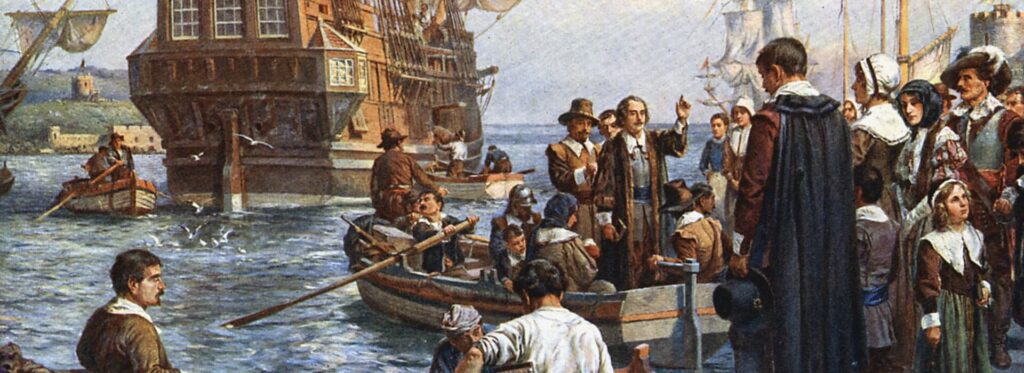
The Age of Exploration and Conquest
The Age of Exploration, marked by technological advancements in shipbuilding and navigation, facilitated the expansion of European powers. Adventurers and explorers, such as Christopher Columbus, Vasco da Gama, and Ferdinand Magellan, embarked on perilous voyages to distant lands.
Colonial Methods:
- Military Conquest: The use of force to subdue indigenous populations and establish control.
- Economic Exploitation: The extraction of resources, such as gold, silver, and spices, and the imposition of unfair trade practices.
- Cultural Imposition: The suppression of indigenous cultures and the imposition of European values and institutions.
Are Gender Roles Outdated? Challenging the Idea of Traditional Masculinity and Femininity
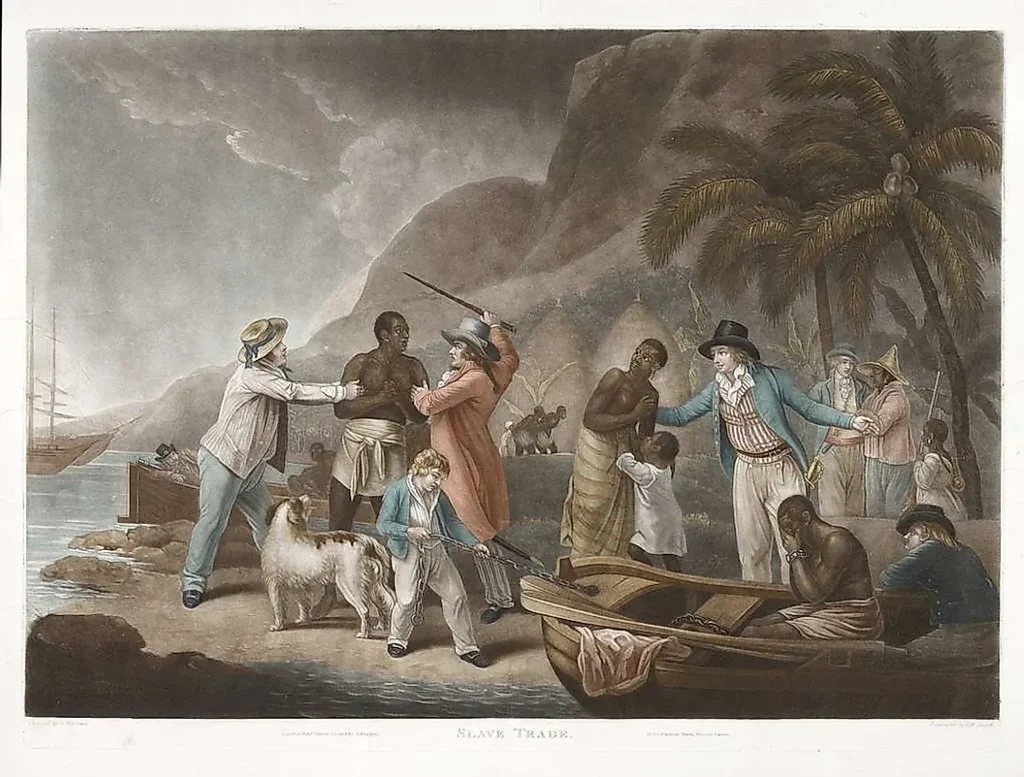
Major Phases of Colonization
The Spanish and Portuguese Empires
In the 16th century, Spain and Portugal led the way in colonizing vast territories in the Americas. The Spanish conquests in Mexico and Peru resulted in significant wealth for Spain but also led to devastating impacts on indigenous populations due to disease and violence.
The British Empire
The British Empire emerged as a dominant colonial power in the 17th century. Colonies were established in North America, the Caribbean, India, and Australia. The British used various strategies to maintain control:
- Settler Colonies: Large numbers of settlers moved to places like North America.
- Trade Companies: Organizations like the East India Company played key roles in economic exploitation.
French Colonization
France also engaged in extensive colonization during this period. French colonies spread across North America (New France), parts of Africa, and Southeast Asia. The French often intermarried with indigenous populations, leading to different cultural exchanges compared to British colonies.
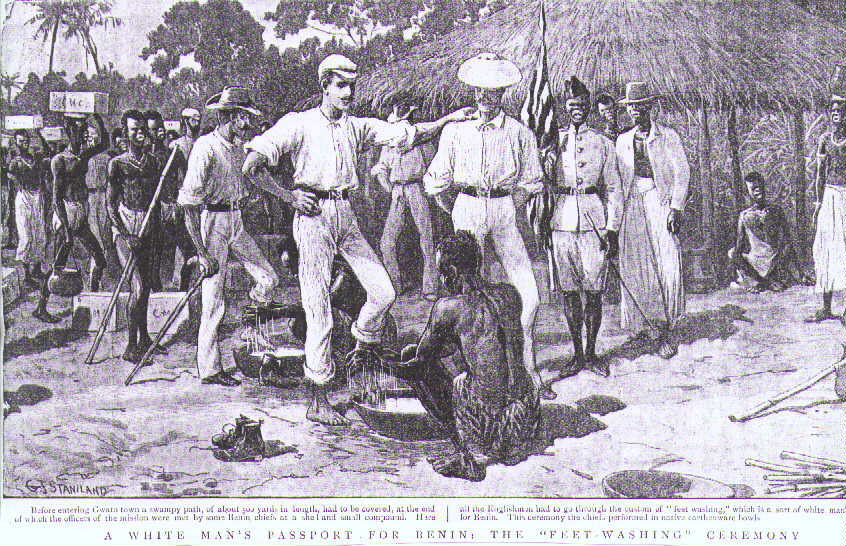
The Scramble for Africa
The late 19th century witnessed a period of intense competition among European powers for African territory, known as the Scramble for Africa. The Berlin Conference of 1884-1885 divided the African continent among European nations without regard for existing African kingdoms and tribal boundaries.
Consequences of The Colonial Era in Africa:
- Loss of Independence: African nations were deprived of self-governance and subjected to foreign rule.
- Economic Exploitation: African resources were extracted for the benefit of European powers, leading to underdevelopment.
- Social Disruption: Colonial policies disrupted traditional social structures and created divisions among African communities.
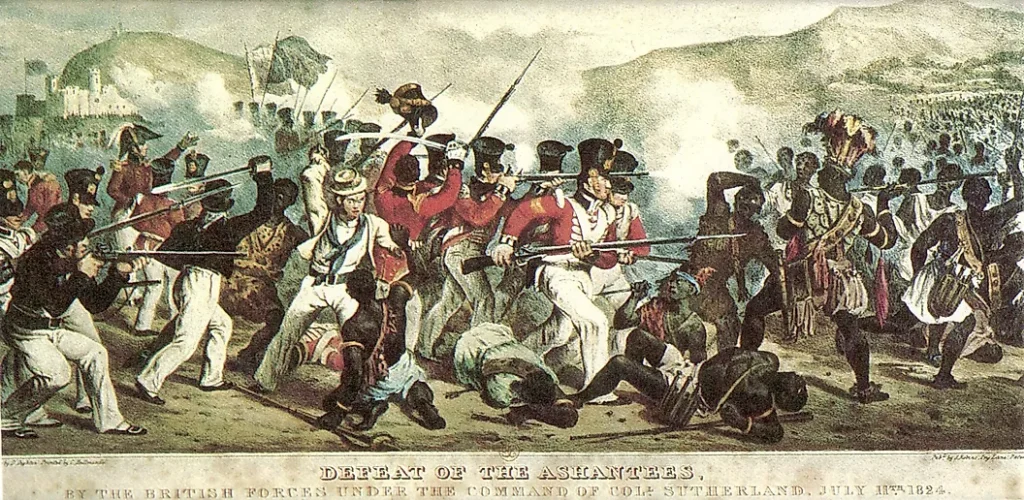
The Impact of Colonization
Cultural Exchange and Conflict
The Colonial Era led to significant cultural exchanges but also intense conflicts. Indigenous peoples faced displacement and violence as colonial powers expanded their territories. This often resulted in loss of culture, language, and identity for many communities.
Economic Exploitation
Colonial economies were typically structured around extracting resources for the benefit of the colonizers. This exploitation created wealth for European nations while impoverishing local populations. Plantations in the Caribbean relied heavily on enslaved labor.
Resistance Movements
As colonization progressed, resistance movements began to emerge. Indigenous groups fought back against colonial powers through various means—armed conflict, diplomatic negotiations, or cultural preservation efforts.
The Decline of Colonization
World Wars and Changing Attitudes
The two World Wars significantly altered global dynamics. Colonial powers weakened economically and politically during these conflicts. Additionally, changing attitudes toward imperialism emerged after World War II as ideas about self-determination gained traction.
Decolonization Movements
The mid-20th century saw a wave of decolonization movements across Africa, Asia, and the Caribbean:
- India’s Independence: Led by figures like Mahatma Gandhi, India gained independence from British rule in 1947.
- African Nations: Countries like Ghana (1957) became independent as colonial rule crumbled across Africa.
The Role of International Organizations
Organizations such as the United Nations played a crucial role in promoting decolonization. They supported self-determination for colonized nations and condemned colonial practices globally.
Themes in The Colonial Era History
Power Dynamics
Colonization is fundamentally about power—who holds it and how it is exercised over others. Understanding these dynamics helps us analyze past injustices and their lingering effects today.
Cultural Identity
The clash between colonizers and indigenous peoples often resulted in a complex interplay of cultural identities. Many post-colonial societies grapple with their heritage while forging new identities.
Economic Inequality
The economic structures established during colonization have long-lasting impacts on global inequality. Former colonies often struggle with poverty while former colonial powers enjoy wealth derived from exploitation.
The Legacy of The Colonial Era Today
Ongoing Effects on Indigenous Peoples
Many indigenous communities continue to face challenges stemming from historical colonization—land rights issues, cultural erasure, and socio-economic disadvantages persist today.
Post-Colonial Literature and Thought
Post-colonial literature offers critical perspectives on colonial histories. Authors like Chinua Achebe and Salman Rushdie explore themes related to identity, displacement, and cultural hybridity.
Global Politics
Colonial legacies influence contemporary global politics as former colonies navigate relationships with their former rulers while asserting their sovereignty on the world stage.
Conclusion
The history of colonization is a complex and often tragic tale of domination, exploitation, and resistance. While the formal era of colonialism has ended, its impact continues to be felt in various forms. Understanding this history is crucial for addressing the challenges of the present and building a more just and equitable future.
FAQs
- What were the primary motivations for European colonization? European colonization was driven by a combination of economic, religious, and political factors. The pursuit of wealth, the desire to spread Christianity, and the quest for national glory were among the key motivations.
- How did The Colonial Era impact indigenous populations? Colonialism had a devastating impact on indigenous populations, leading to the loss of land, cultural erosion, and, in many cases, genocide. Colonial powers often imposed their own values and institutions, suppressing indigenous cultures and traditions.
- What were the major consequences of the Scramble for Africa? The Scramble for Africa led to the arbitrary division of the continent, disregarding existing political and cultural boundaries. This resulted in conflict, instability, and the exploitation of African resources for the benefit of European powers.
- How did anti-colonial movements contribute to the decline of colonialism? Anti-colonial movements played a crucial role in challenging colonial rule and demanding independence. These movements, often led by charismatic leaders and inspired by nationalist ideals, mobilized millions of people and forced colonial powers to relinquish control.
- What are the ongoing challenges faced by former colonies? Former colonies continue to grapple with a range of challenges, including poverty, inequality, corruption, and political instability. The legacy of colonialism, such as weak institutions and economic dependence, has hindered the development of many nations.


